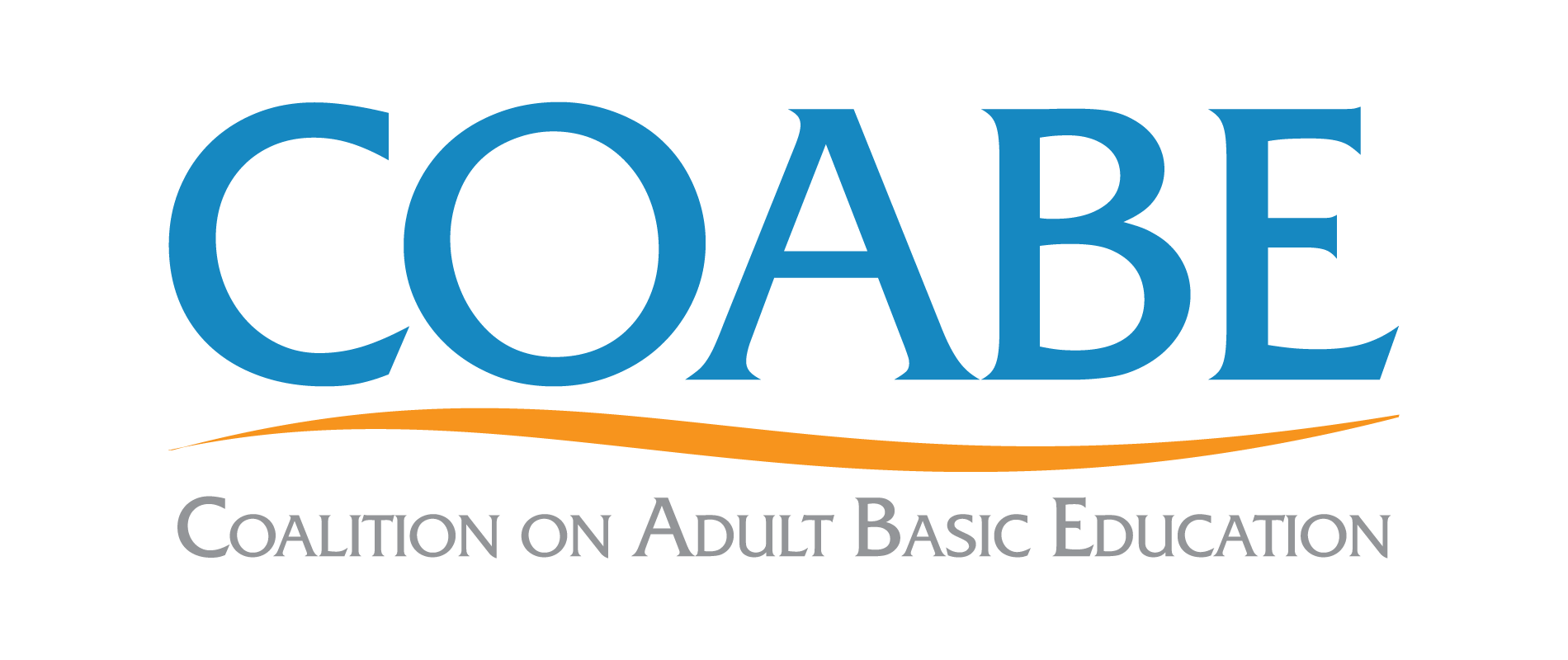A PIAAC panel will be presenting on "Examining how socio-demographic factors impact the relationship of literacy, numeracy, and digital problem solving with health: Results from the Program for the International Assessment of Adult Competencies (PIAAC)". Each presenter will share the results of their research based on PIAAC data to explore the relationship between literacy and health behaviors and outcomes using the cognitive measures and the various health-related information in the Background Questionnaire.
Emily Pawlowski will provide an overview of PIAAC and what it measures and describe some key health-related findings from the survey, including looking at the relationships between cognitive skills, health status, sources of health information, and participation in preventative health practices.
Esther Prins will examine whether literacy, numeracy, and technological problem-solving skills are associated with U.S. adults’ self-reported health, after controlling for respondent background characteristics, and will describe how these relationships vary by race/ethnicity and level of educational attainment. Additionally, the relationship between self-reported health and skills in literacy and numeracy for immigrants compared to U.S.-born respondents and for Hispanic versus Asian immigrants will be examined.
Iris Feinberg will look at the complex and interactive relationship between health, literacy, and health-information seeking. This presenter will examine what sources (print media, internet, radio/TV, family/friends/co-workers, and health professionals) adults with low level skills in literacy, numeracy, and problem solving use when seeking health information. This presenter will also explore whether gender, age, race, educational attainment, health status, use of preventive measures and facilities in English predict different health information sources for adults with low skills. The interrelationships among health information seeking behavior, learning disability, vision problems, and reading proficiency for U.S. adults both with and without a high school diploma will also be described.
Jane Seymour and Ian Bennett will look at the relationship between literacy and total parity - the number of children born to each woman - by examining how much literacy can explain and how much it changes the effects of age and socio-demographic factors on total parity across the countries participating in PIAAC. Total parity is an important health-related factor because previous research indicates that having fewer births is associated with individual and population health, as well as a nations’ economic wellbeing. These presenters will also take a more detailed look at this relationship between literacy and parity in the U.S., looking at the role of literacy in the relationship between parity and factors including race/ethnicity, how women obtain health information, learning disability status, and medical insurance status.
For information on the conference, please check out http://www.bumc.bu.edu/healthliteracyconference/.









